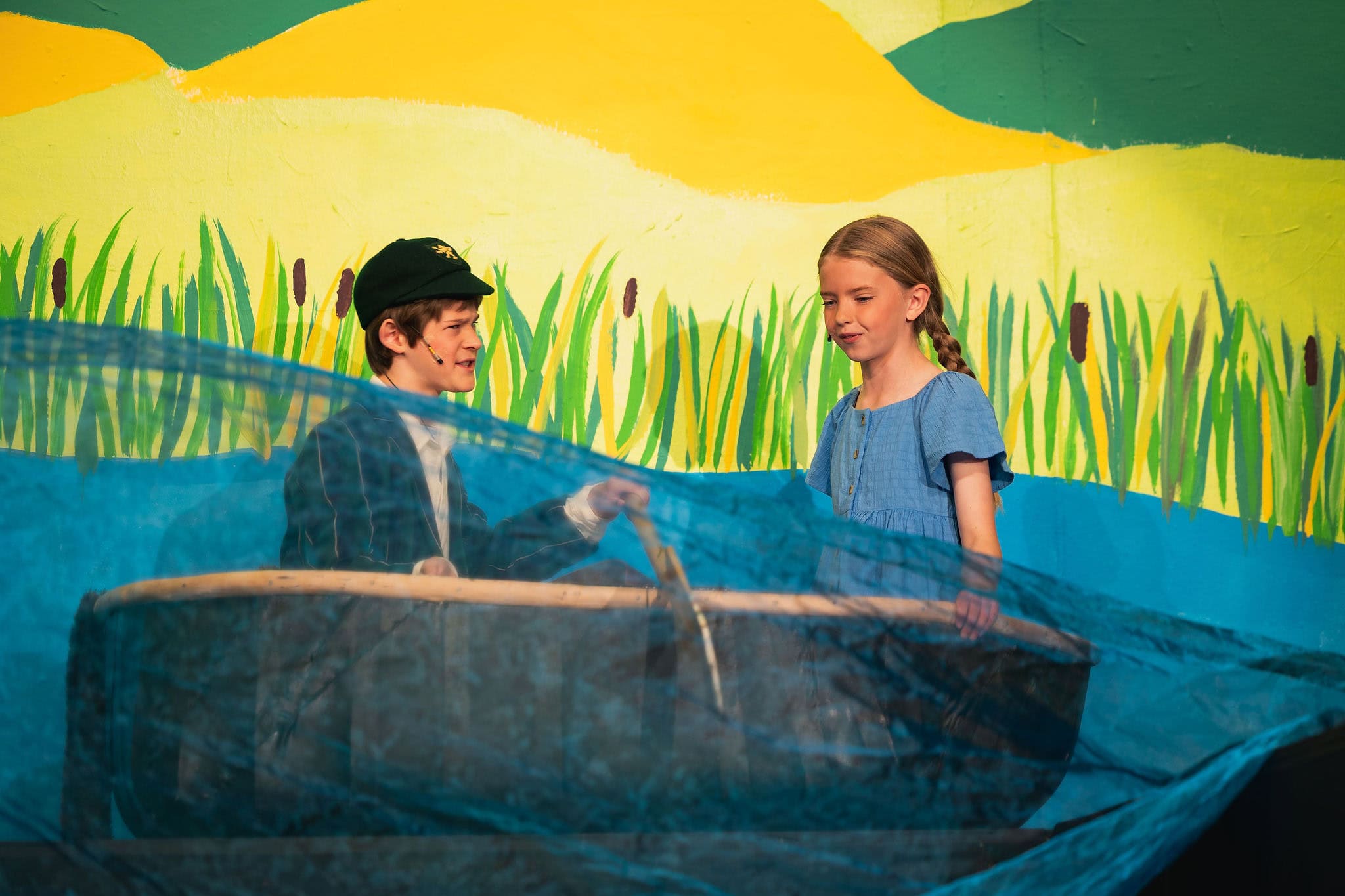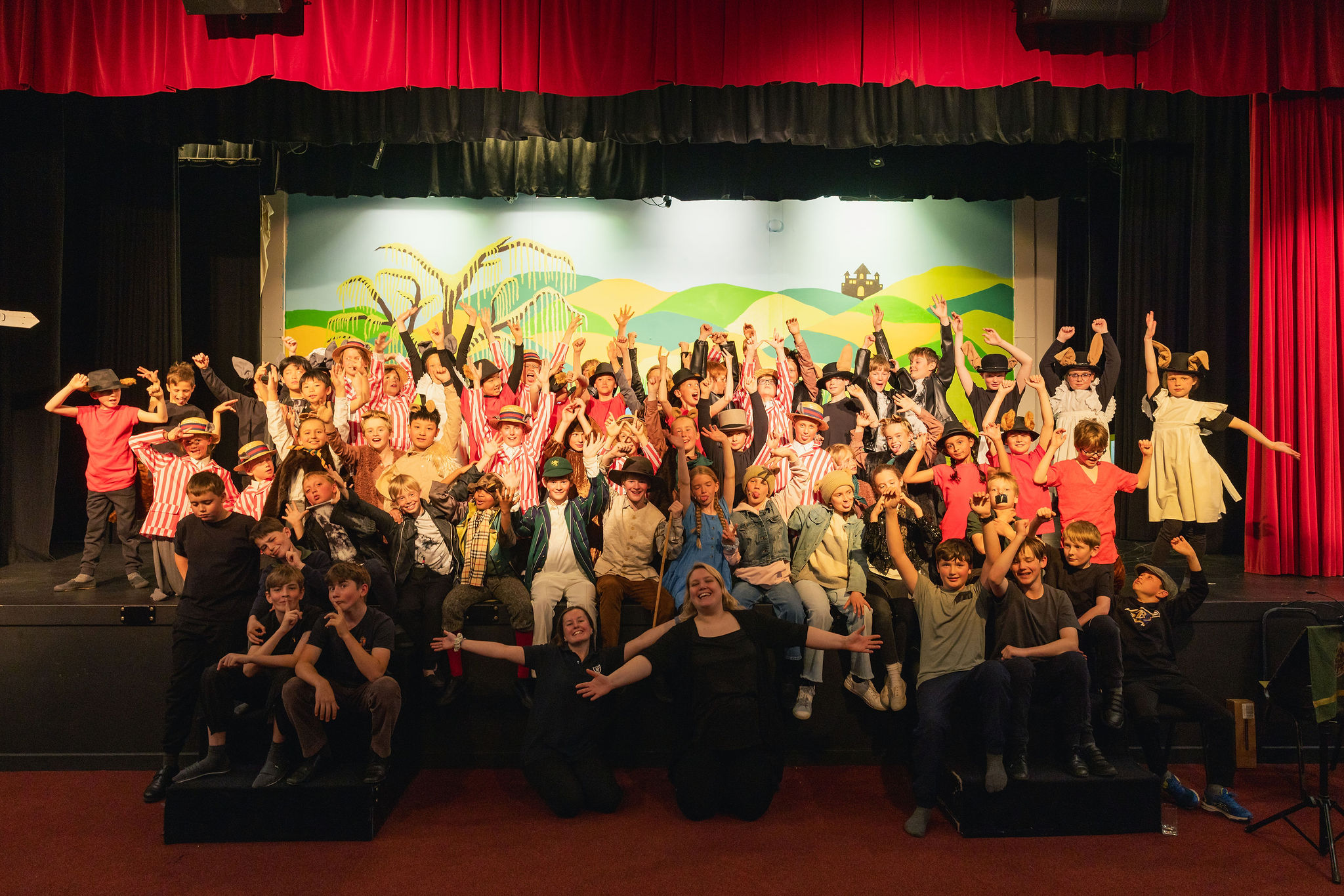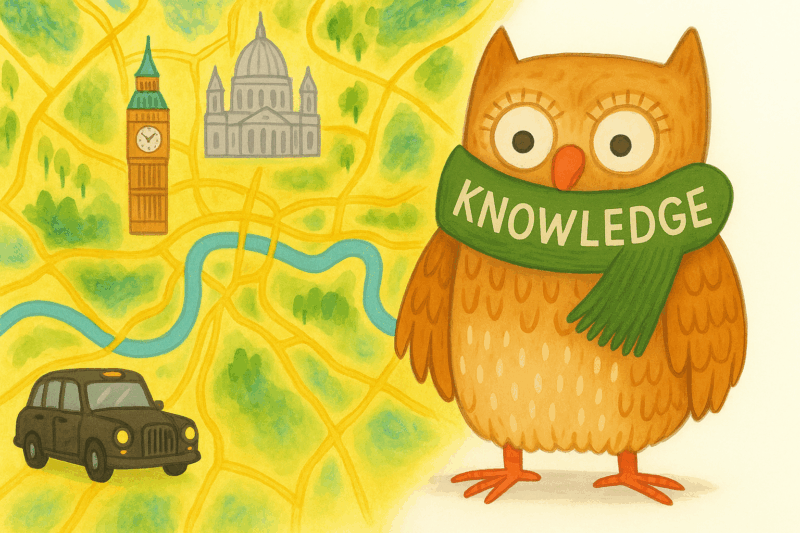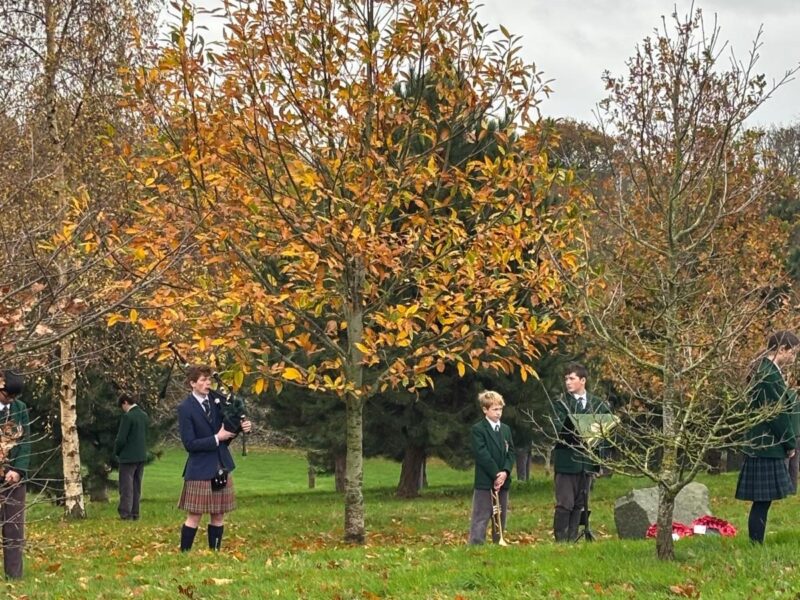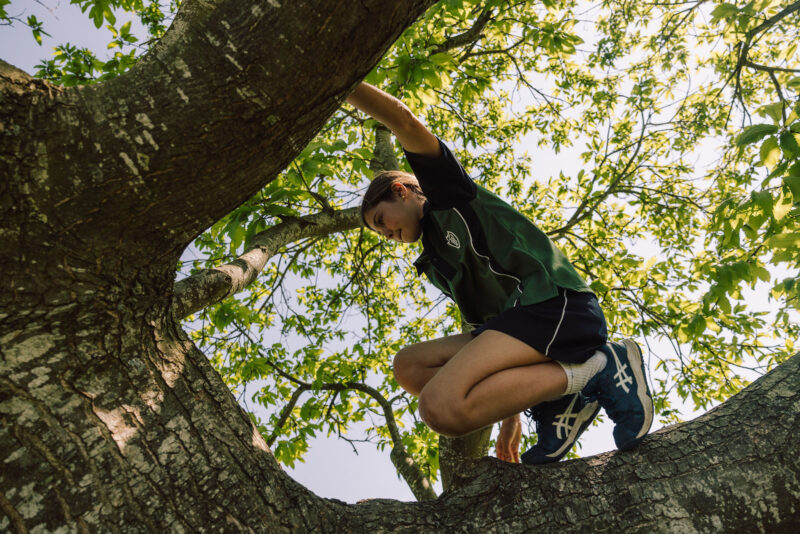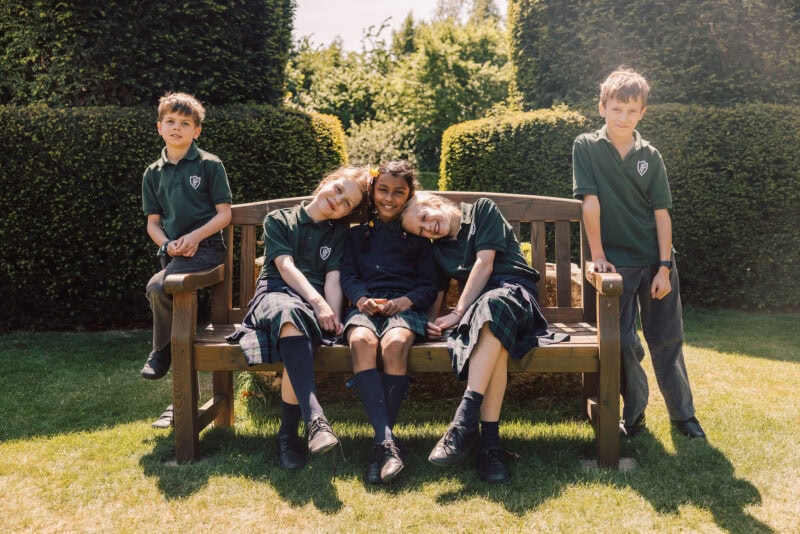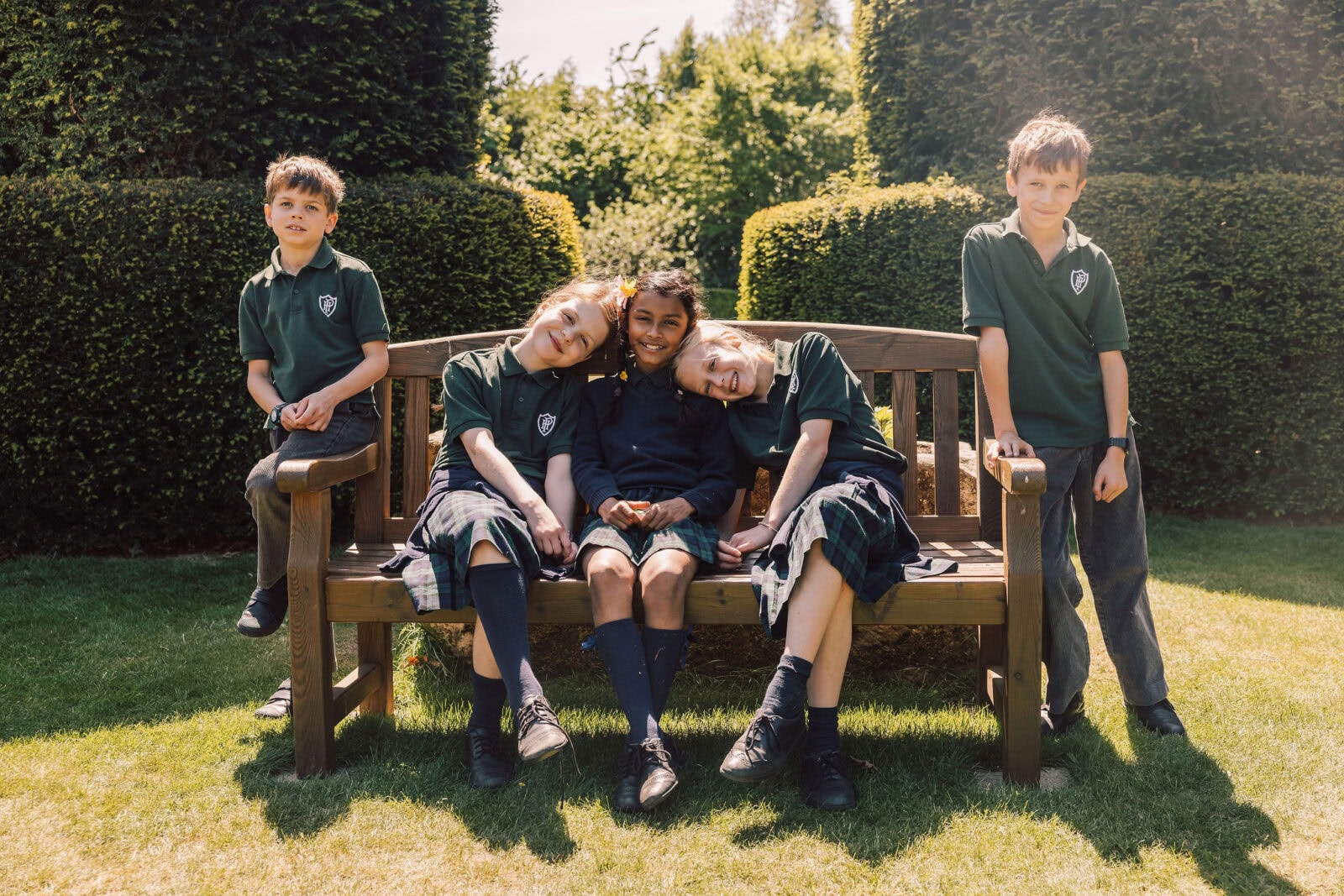On a balmy Shropshire evening, I proudly watched our middle school production of ‘Wind in the Willows’. It was a display of creativity, colour, vibrancy, and sheer joy. It also contained many powerful lessons, all of which are both relevant and something of an antidote to the pressures, complexity and plugged in nature of life in 2025. The story centres on humility, the value of home and the importance of nature. This is brought to life through the bond of the animals, who demonstrate true friendship.
Humble perseverance is, I believe, key to a young person’s growth and happiness. Ratty, Badger and Mole demonstrate ongoing humility, whilst Toad’s character swerves off through the allure of fast cars and flashy possessions. As true friends, however, they persist in their quest to stick by their friend, whilst recognising the error of his ways. In the end, Toad understands the value of humility. The temptation to swerve away from remaining humble in an ever-materialistic society remains a challenge for us all. And whilst we teach the next generation to persist in reaching their ever expanding goals, it is equally important that they keep their feet grounded firmly.
At the end of the story, Toad has an epiphany. It is that, for all the opportunities available to us, there is nothing as important as the very comforts crucial to our needs: home and friends. The story reminds us that happiness is never far away and is rooted in these two key things, both of which we often take for granted. The value of home stretches back to the origins of humankind, yet in a transient world where we are encouraged to be global citizens, we can lose sight of our heritage. The same goes for friendship, which is of course the basis of the story. The value of friendship – and of course its ups and downs – really should be the cornerstone of a great education. As Drew and Stiles’ musical setting reminds us, “on love you can depend, a friend is still a friend”.
And finally, the story is rooted in nature, which is, I believe the key to a contemporary education. As technology is embedded in our lives, developing a love of nature will not only provide balance, but also strengthen core human competencies which no AI agent or robot can possibly replicate. The educationalist Howard Gardener is well known for his work on the multiple intelligences. He believed there were eight aptitudes that constitutes the development of a well-rounded human. None are focused on an understanding of technology, yet all can be nourished through connection with nature and the outdoors.
Of course, Wind in the Willows teaches us another valuable lesson about life – it’s to be enjoyed, as Ratty reminds us, “there is nothing — absolutely nothing — half so much worth doing as simply messing about in boats”.
Humble persistence. The simplicity of home and friendship. Nature.
